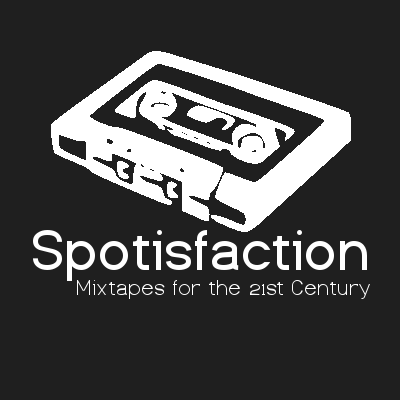Article by Richard Capener.
We never could have dreamed of MySpace let alone Spotify: we were still making cassettes to swap in the playground. This was before Radio 1 DJs started chatting over the intros and outros of tuneage so us guerillas couldn”™t capture tracks whole. Then the internet made this redundant, thank goodness.
I thank goodness for the usual reasons: bring music to the people! let music be free-in-the-monetary-and-ethical-sense-of-the-word! bring down the taste makers! let not music be goverened by radio committee! and other pop favorites. I”™m unforgivable because I agree with the above statements yet, brace yourselves, I want to make a living out of art. “The horror! The horror!”
It feels dirty to say that as if it violates artistic integrity and the art itself. ”˜I”™ve made all my money from copyright,”™ says Richard James of Aphex Twin fame, the indie darling, pivotal in the pioneering of ”˜bedroom studios”™ and the popularity of experimental music evangelists Warp Records. For many of us former guerillas looking to live off doing whatever the hell we want, copyright can be a foul spirit sitting on our shoulder, offering us the dollar”¦Â
Darren Wershler, media scholar and poet who”™s made the majority of his books accessible online (and, among other things, assisted the internet archiving of lengendary Canadian poet bpNichol), uploaded an article, originally published in THIS titled, ”˜Writers Of The World, Unclench: Digital technology is making it impossible to control the speed of intellectual property. So, how are artists supposed to make a living from their work? Give it away.”™ (http://www.alienated.net/files/unclench.pdf). Here”™s a very good excerpt:
Canadian media activist and SF writer Cory Doctorow has taken the success of a hybrid online/print approach to publishing and cranked it up to 11. His novel Down and Out in the Magic Kingdom was simultaneously published in hardcover by Tor Books and made available for free download from the author”™s website. Doctorow reports that the book received over 75,000 downloads in the first month. Many of those people will shell out for a print copy of either Down and Out or Doctorow”™s other titles, partly because reading off of a screen is an intensely annoying experience, partly because people crave the solidity of a book the same way that they fetishize any other object (yes, book readers, you are all perverts), partly because they want to show support for what they believe is a good idea. Doctorow has built a massive, appreciative audience based on goodwill. And what”™s the point of writing without an audience?
The eponymous debut album by Clap Your Hands Say Yeah was self released and praised on MP3 blogs then released in the UK by the lovely Whicita Recordings. The record, initially mailed out by the band”™s bassist Tyler Sargent, has now sold over 125,000 units.
Likewise the Artic Monkeys”™ seventeen track demo CD, Beneath the Boardwalk, was given away at gigs then file-shared by fans. ”˜[”¦] we never made those demos to make money or anything. We were giving them away free anyway – that was a better way for people to hear them,”™ (http://www.prefixmag.com/features/arctic-monkeys/arent-fooling-around-part-1-of-2/12565/).
Many homies in my age range (20-25) heard of Aphex Twin via reputation so we downloaded a couple of tunes and, hurrah!, bought his records: even if albums were initially released within copyright”™s shackles they can have a life longer than the one CDs would have afforded them.
Bands and/or laptop musicians need not worry about giving everything away, writers can calm down about books.google.co.uk/.com and filmmakers can upload their their work to YouTube and/or Vimeo.
Now go make stuff.

